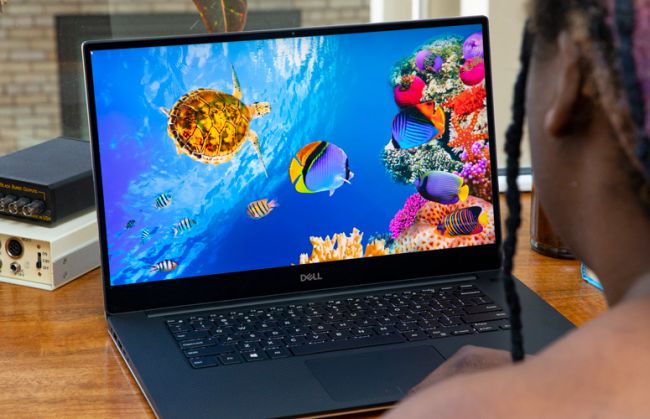This 'Killer' Dell XPS 15 feature was just acquired by Intel
Intel bought the company behind Killer wireless cards

One of the most important features of any laptops is the wireless card. This unsung hero is your gateway to fast internet speeds and low latency when gaming. You might not know this, but not all wireless cards (or NIC for network interface cards) are made the same.
The majority of Wi-Fi cards in laptops are made by Intel, but a challenger, Rivet Networks, hit the scene a few years ago when Dell turned to it for the XPS 15. Rivet's Killer wireless cards have since found their way into other Dell XPS laptops as well as Alienware gaming rigs and HP notebooks.
- Dell XPS 15 (2020) review
- XPS 13 vs XPS 15 vs XPS 17: Which Dell XPS is right for you?
- Laptop Processor Comparison: Which CPU Is Right For You?
Intel has now acquired Rivet Networks and removing its biggest NIC competitor in the gaming space. It will now "license its [Rivet Networks] software to customers and develop new solutions for broader PC connectivity enhancement.”
Killer gained a name for itself by promising a low latency connection to gamers who couldn't afford the slightest hint of lag. It did this by prioritizing high-bandwidth tasks, like gaming and video editing.
These wireless cards weren't without their own problems. XPS 15 owners reported various issues with Killer cards, most of which stem from poor driver implementation.
Speaking with our sister site Anandtech, Intel said it would keep the Killer brand and weave it into its existing portfolio of wireless cards. Intel and Rivet Networks had previously worked together to create the Killer Wireless-AC 1550, a Killer-branded card manufactured by Intel.
Stay in the know with Laptop Mag
Get our in-depth reviews, helpful tips, great deals, and the biggest news stories delivered to your inbox.
Phillip Tracy is the assistant managing editor at Laptop Mag where he reviews laptops, phones and other gadgets while covering the latest industry news. After graduating with a journalism degree from the University of Texas at Austin, Phillip became a tech reporter at the Daily Dot. There, he wrote reviews for a range of gadgets and covered everything from social media trends to cybersecurity. Prior to that, he wrote for RCR Wireless News covering 5G and IoT. When he's not tinkering with devices, you can find Phillip playing video games, reading, traveling or watching soccer.

